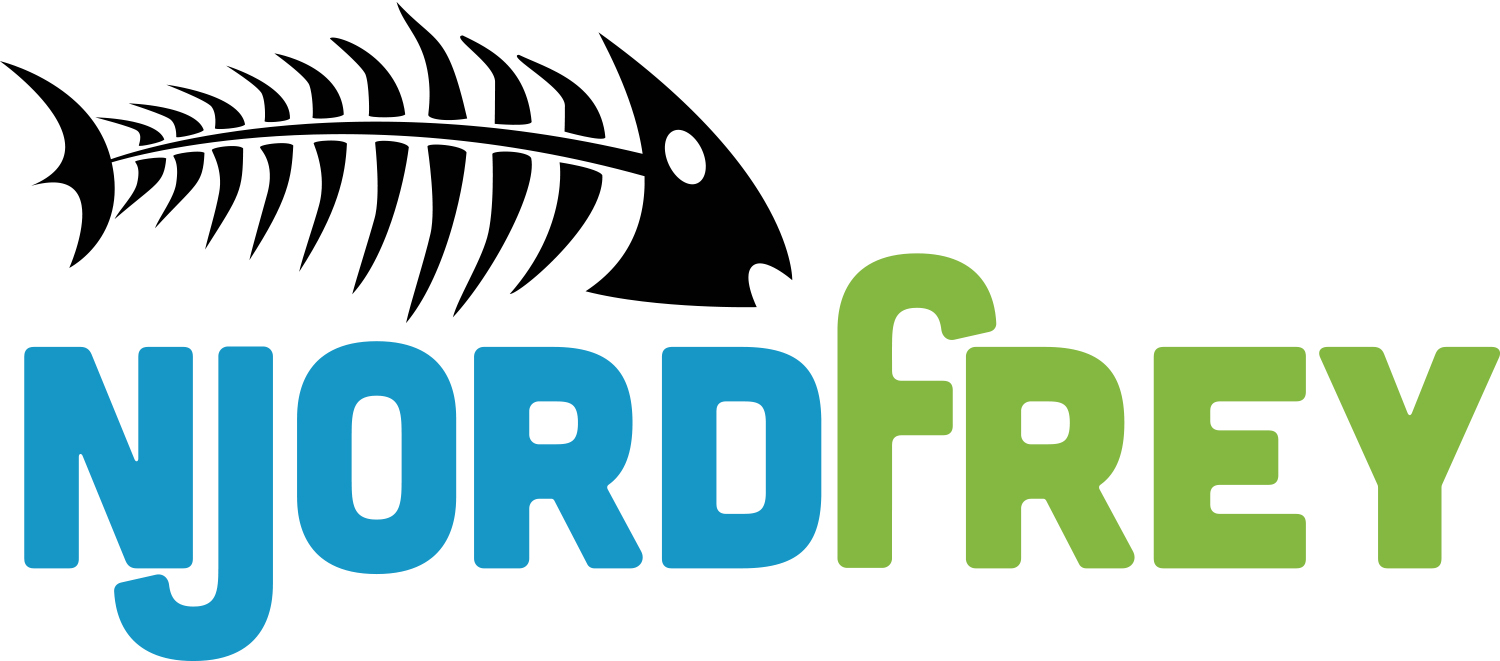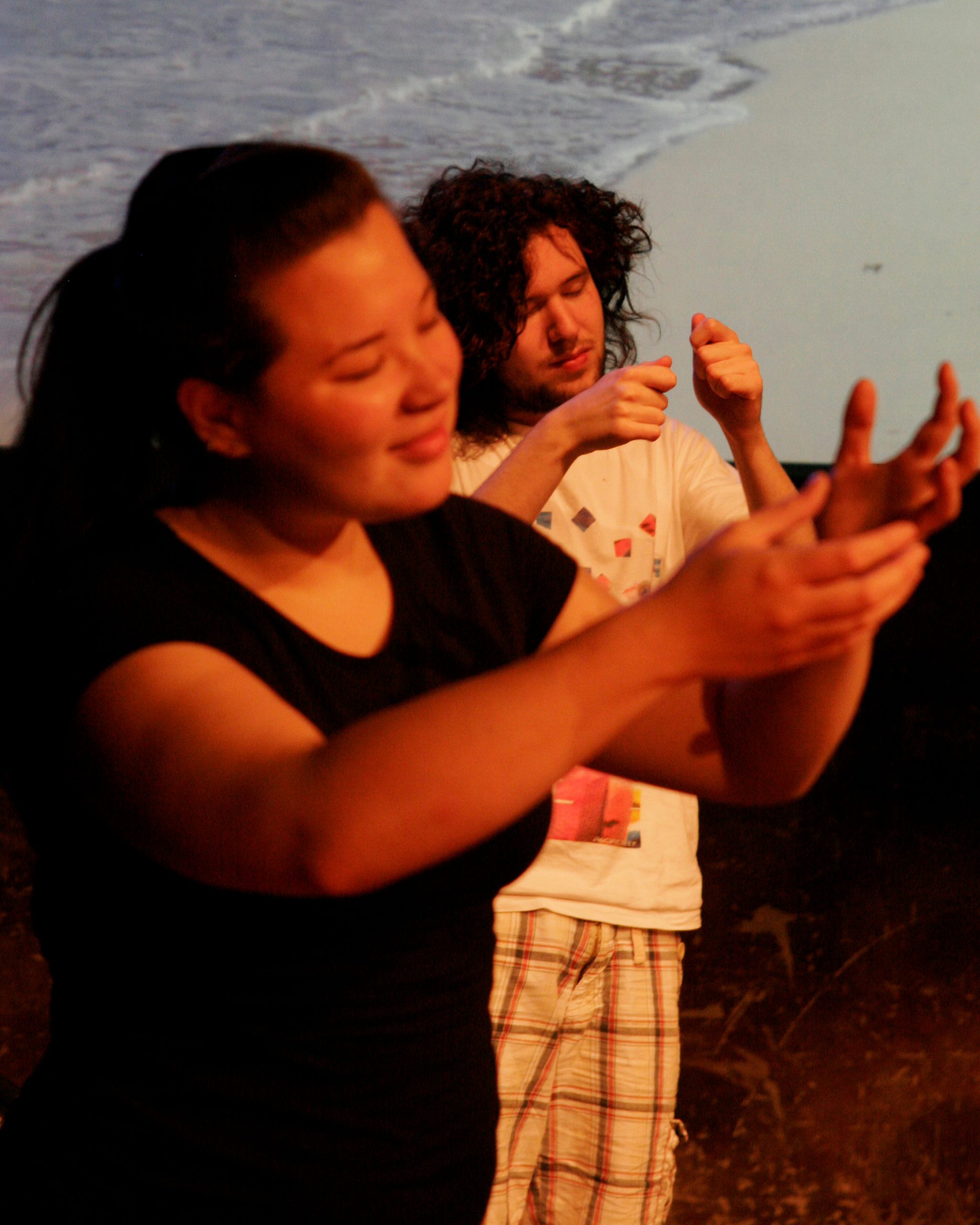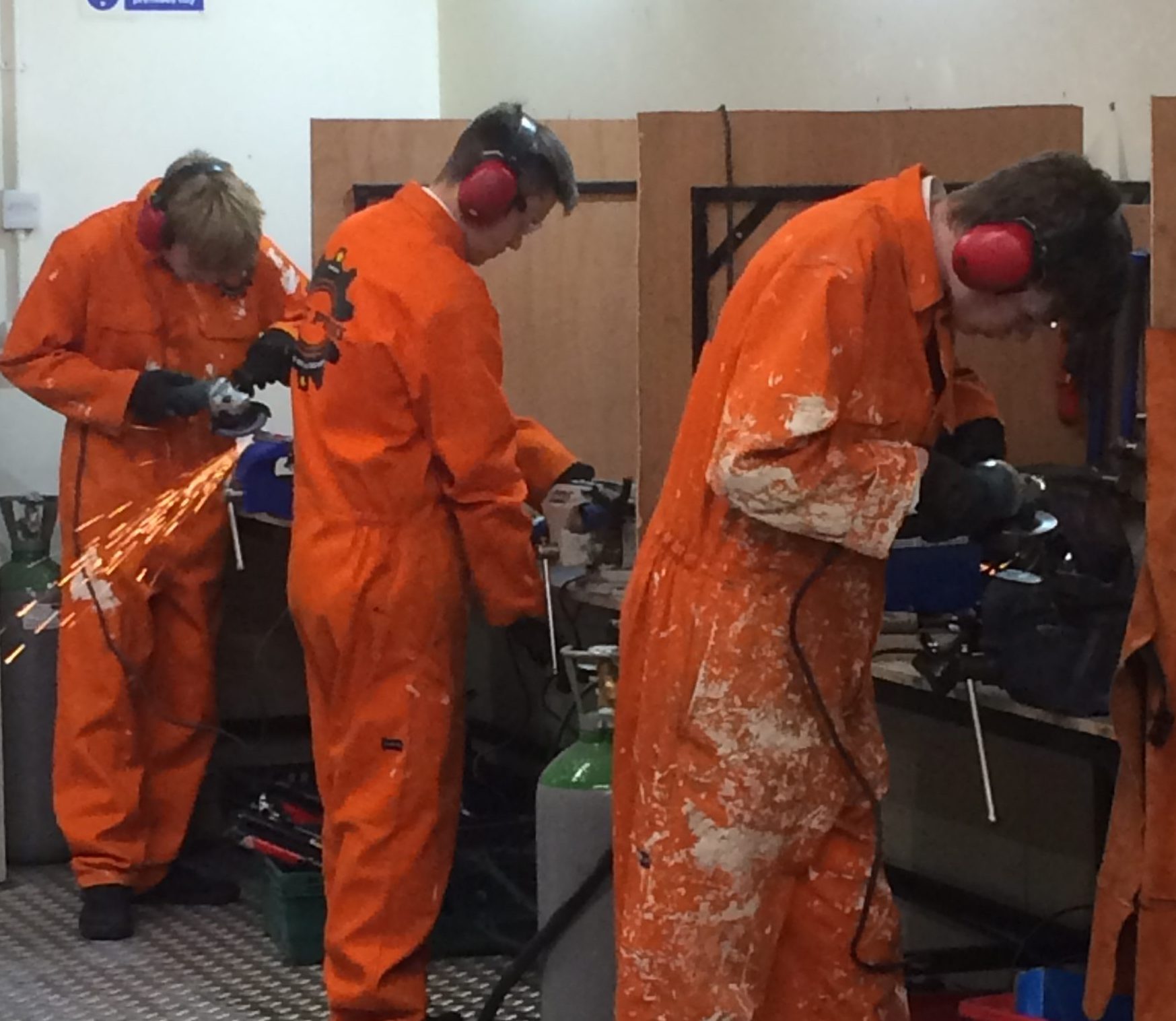Case Study
NjordFrey

Partners
University of the West of Scotland
Sectors
Social Enterprise and Third Sector
Regions
Glasgow & Clyde Valley
Background
NjordFrey, established and registered in Rwanda in 2018 as a social enterprise, offers advanced farming solutions to developing farmers in Rwanda, so that they may decrease levels of malnutrition within their immediate community while experiencing stable economic growth.
This is done by offering these farmers access to sustainably designed aquaponic starter kits, seasonal input product lines, e.g. seeds & fingerlings, and operational training to allow them to become independent, all as part of an outgrower credit model.
NjordFrey are in the process of implementing their flagship farm in 2020 to showcase its solution and secure further collaborators and investment for large scale-up.
Challenge
NjordFrey were looking for an academic partner to apply for the Innovate Catalyst Round 8 Agri-tech competition. This Department for International Development (DFID) funded competition was for projects on agri-tech and food chain innovations with partners in eligible African countries. The aim of this competition was to increase the pace of development and scale of uptake of agricultural and food systems innovation by farmers and food systems actors (such as manufacturers, processors, retailers, distributors, or wholesalers) in Africa.
NjordFrey was specifically looking for support from an academic partner in any of the following areas:
- Feedback sensor systems – As part of the aquaponic starter kit, the business was looking to develop a low-cost system that would provide meaningful data for general business analysis purposes while also providing real-time feedback to farmers to carry out operational actions to increase yield and reduce failures. This could include phenotyping and data collection through optical sensory.
- The agriculture supply chain and economic/market potential – As this is unclear in the East African region due to limited infrastructure and lack of transparency at a national level, NjordFrey were looking for support in conducting studies that help research, analyse and summarise the aquaponic market potential across East Africa to direct their growth strategy.
Solution
NjordFrey was referred to Interface by the Knowledge Transfer Network to find an academic collaborative partner.
After scoping up the project and sending it on to various universities within Scotland, Ruth Oliver from Interface matched NjordFrey with four academic institutes for further discussions. After which, NjordFrey partnered with the University of the West of Scotland (UWS) for funding applications. The partners were successful in receiving an Innovate UK grant of almost £300k to collaborate on an 18-month project. This project is now underway and both organisations are working together to develop a Digital Health Monitoring System (using non-invasive sensors to provide a real time status of the farm health to improve yield and reduce errors) to improve food security in the developing world.
Benefits
Within Rwanda, 1.8 million smallholder farmers, looking to provide a nutritious protein and plant-based diet while increasing yields to support economic growth, are limited by; high capital costs for high yield solutions, promotion of basic farming techniques by competitors, lack of routes to market, and falling into a dependency trap with other solutions.
NjordFrey (NF), Rwanda, offers these farmers access to sustainably designed aquaponic starter farms via an outgrower credit model, seasonal input product lines e.g. seeds and fingerlings, operational training to allow them to become independent, and facilitates routes to markets.
In collaboration with the University of West of Scotland (UWS), this project is looking at developing a Digital Health Monitoring System that has a high-tech back end (sensors and machine learning) with a low-tech font-end approach (SMS/voice call) to feedback actions to farmers in an inclusive manner, providing NjordFrey with a data-driven product to capture market share in Rwanda.
Overall, our solution will remove high upfront costs and technical barriers, provide increased yields of organic produce, increase calorie intake by 28% and income 10-fold for up to 100,000 farmers and their 240,000 family members, via 2,000+ farms within 10 years. Tackling malnutrition (affecting 34% of children under 5) while improving livelihoods via this model is an innovate first within Rwanda and targets many of the UN Sustainable Development Goals.
Business benefits
Follow-on Activity
NjordFrey has since gone on to have the following work-based learning projects with students at both the University of Strathclyde and the University of Glasgow, facilitated through Interface:
MSc Management Science (Strathclyde) – Supply chain and Market development – The business required additional data on agriculture markets / supply chains within Rwanda and the opportunities and challenges as a result.
MSc Management Science (Strathclyde) – Business Modelling – NjordFrey required a financial/business model to be developed that would allow them to forecast their 5-year financials and, importantly, run multiple scenarios/simulations within the context of a developing country in East Africa. Ultimately, the outputs of this project would be used to direct their financial strategy.
MBA Consultancy Week (Glasgow) – Export Strategy development – The MBA group were assigned to look at the projected amounts of fish and veg produce over five years, from 32 farms, and develop and market the business’s export strategy to Europe and the rest of the world from Rwanda.


